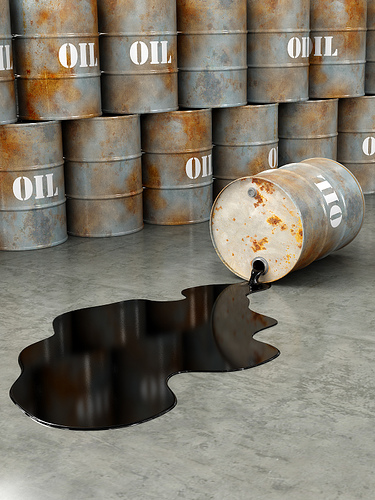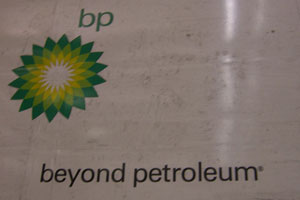
Photo by Flickr user <a href="http://www.flickr.com/photos/32547944@N06/">zert.rohstoffe_2008</a>
Yesterday, my very esteemed colleague Kate Sheppard explained how cleanup methods could cause more damage than the Deepwater Horizon leak itself. Here in New Orleans, I chatted with rock-star wetlands researcher Denise J. Reed, who you heard on NPR and at congressional hearings when everyone was talking about post-Katrina coast restoration, and who says there could be more stories in this meme.
Take the Louisiana wetlands, that critical hurricane defense that was already incredibly beleaguered and is now further threatened by millions of gallons of oil. “The cleanup damage could be worse than the oil damage,” Reed says. “These areas are incredibly hard to get to. And incredibly delicate. You can’t just bring in heavy equipment and pressure-wash boulders like you did after Valdez.”
Reed will be working on the plan to remediate the wetlands after this new disaster, but designing, much less implementing, that plan is a ways away. First, researchers will have to figure out the impact of the spill, by painstakingly collecting new data in the wetlands and then comparing it to the pre-Deepwater research Reed and other scientists have been meticulously amassing for years. And of course, before any of that can begin, the leak has to stop. “It’s a difficult time now, because for a good while, we’ll be helpless,” Reed says. “We don’t know how long, how much, what way the wind will go. It’s like a hurricane coming at you, but really, really slowly, and with endless potential for damage.”















